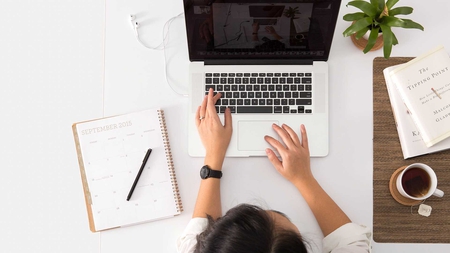
Digital Minimalism: How to Work Better with Less Technology
In recent years, there has been a rise in the popularity of minimalism. More and more people are getting rid of excess stuff and choosing to live a simpler life with less.
The movement has transcended from people's lives and is now in the digital space.
So, you may ask, what is digital minimalism?
“Digital minimalism is a philosophy that helps you question what digital communication tools (and behaviors surrounding these tools) add the most value to your life. It is motivated by the belief that intentionally and aggressively clearing away low-value digital noise, and optimizing your use of the tools that matter, can significantly improve your life.” as defined by Cal Newport, Associate Professor of Computer Science at Georgetown University, who has popularized the concept through his book Digital Minimalism.
In a nutshell, it is reducing digital intake to only what is useful.
Why should you embrace digital minimalism?
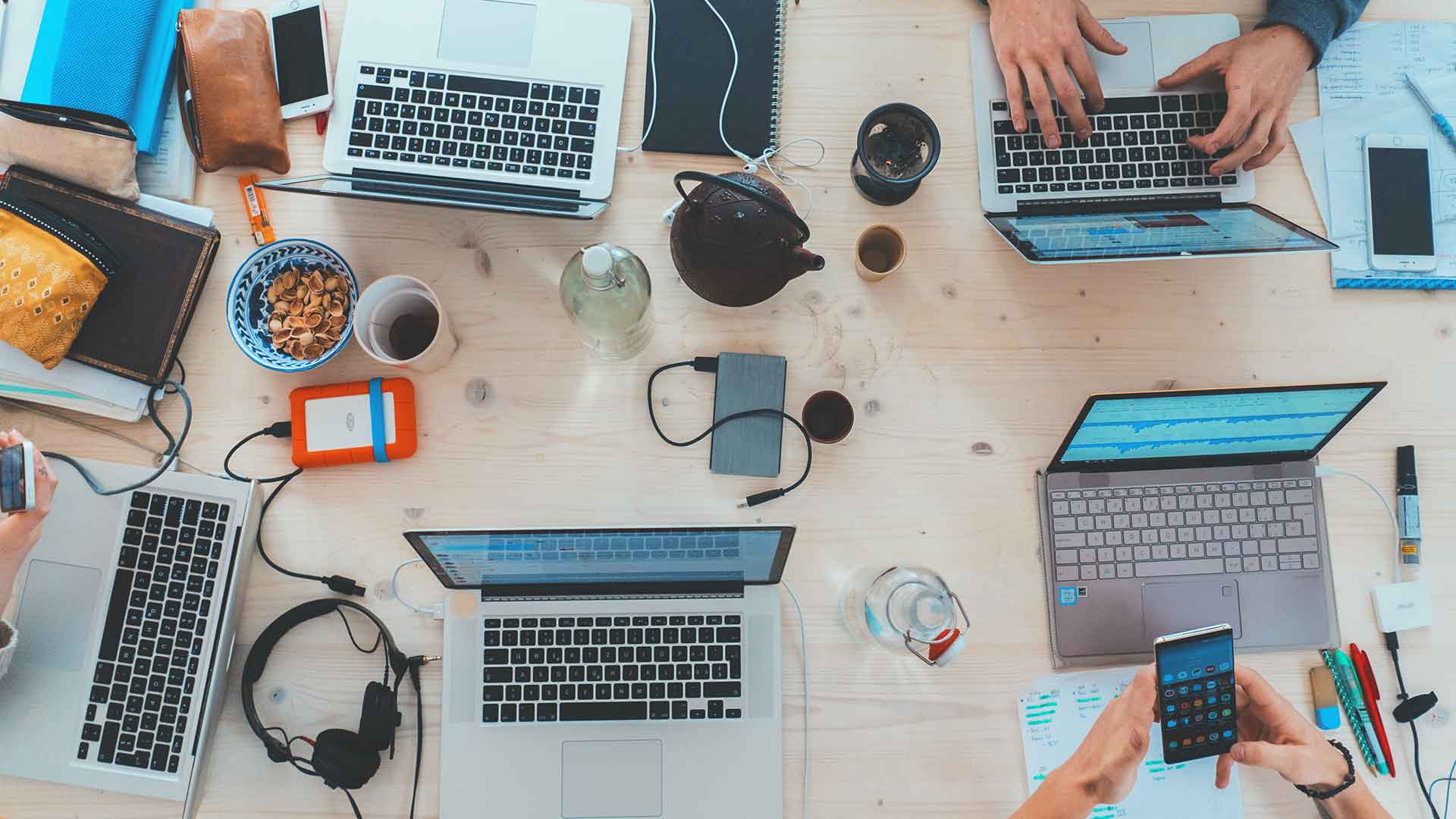 In his book, Newport points it is becoming harder and harder for humans to be productive with their work.
In his book, Newport points it is becoming harder and harder for humans to be productive with their work.
Picture this: you arrive at work, check your email, you find 20 new emails, and then you start reading and replying to them.
Before you know it, your phone rings and your friend shares with you some breaking news.
You quickly jump on Twitter to check it out. Then you remember you haven’t finished replying to the 20 emails, so you go back to finish them.
Once you are done and are ready to work, you decide to check on your Facebook. You like some posts and leave a comment here and there.
Then Instagram pops up with the notifications, and you head to your feed and like some pictures.
When does it end? If you identify with this rabbit hole, you are digitally hijacked, and it is time to rescue yourself.
How to get started with digital minimalism
1. Identify your distractions
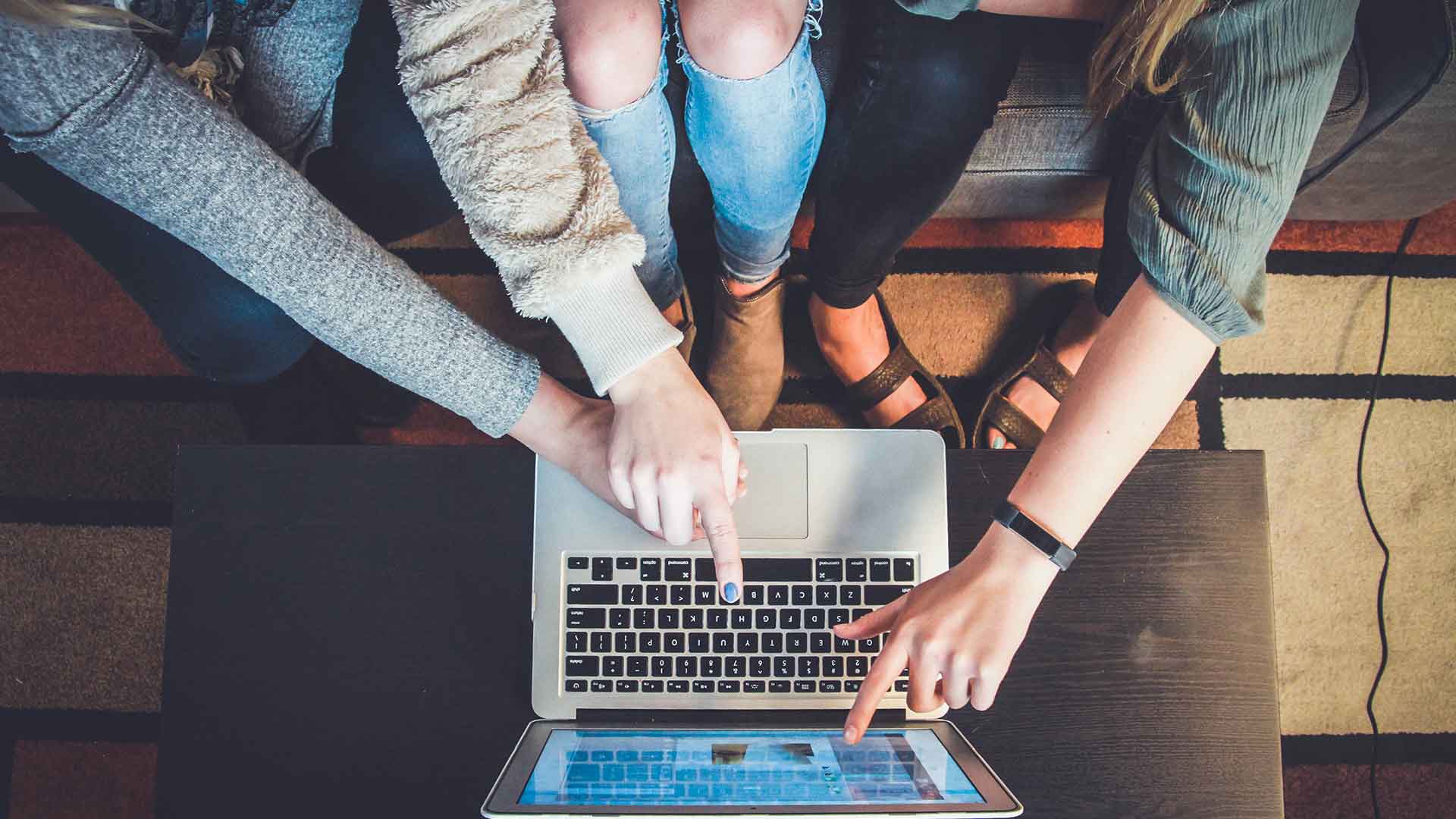
The first thing you need to do is to identify your distractions. Here you have to be brutally honest with yourself if you are to save yourself.
Start by writing down digital habits that are derailing you. For example, is it social media, constantly picking up your phone every five minutes, web surfing, going through your bookmarks, emails, Slack, whatever it is, write it down.
If you have no idea what is distracting you, look at your Screen Time on your phone, and you will see exactly what is distracting you.
2. Step away from your phone
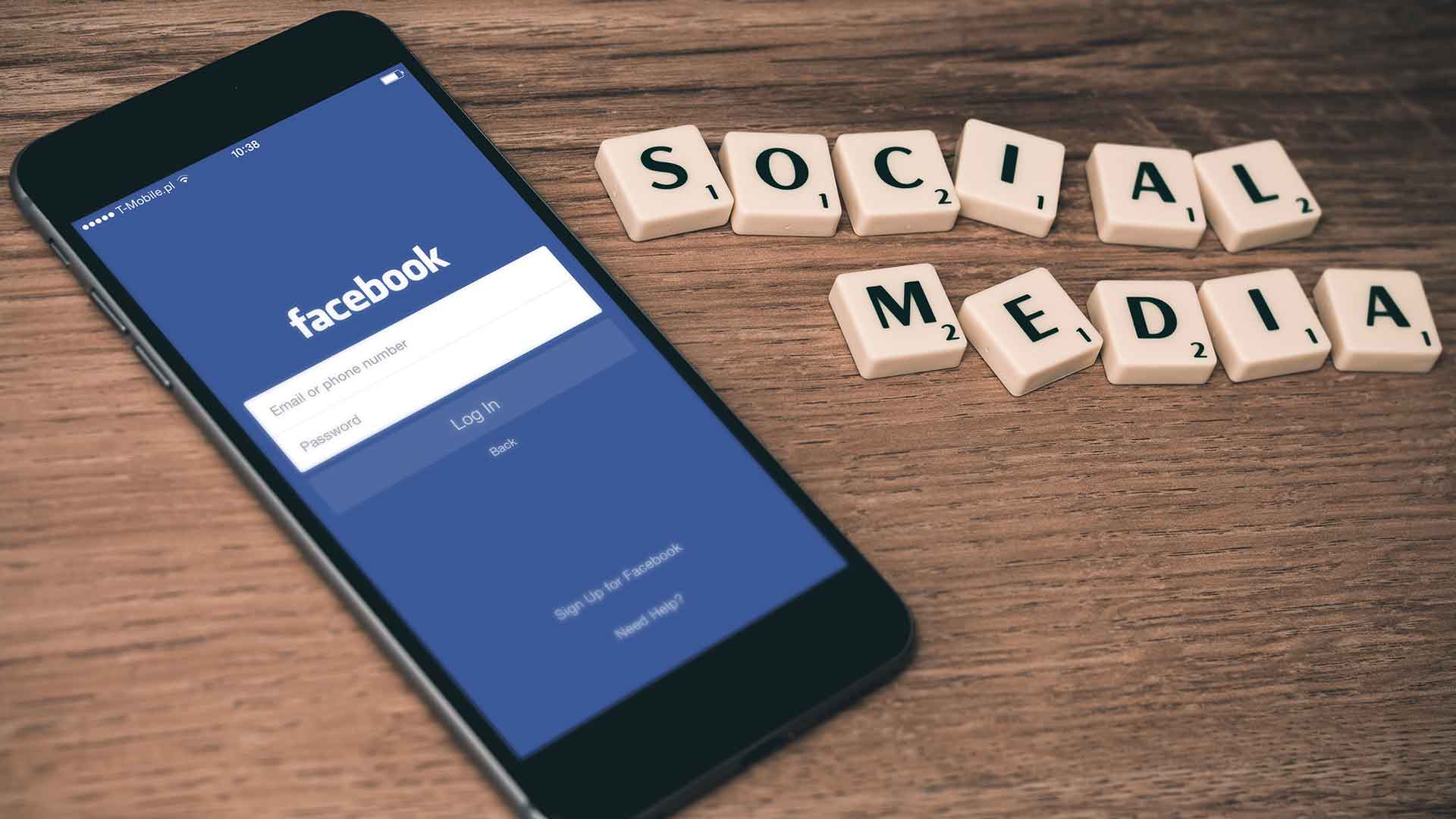 This is where you are going to claim your power back. Start analyzing the technology you use, then group it as either must-have or optional.
This is where you are going to claim your power back. Start analyzing the technology you use, then group it as either must-have or optional.
Must-have will be those that you need to function in your personal and professional life every day. The optional technology is the nice-to-have but has no impact on how you run your day.
From there, take a 30-day break from the optional technology, and use the newfound time to rediscover activities that you enjoy and have meaning for you.
After 30 days of fast, you can reintroduce the optional technologies back to your life or do away with them all together.
Newport points, if you follow through, you will find yourself wanting to make your time more joyful and not allow it to be sidetracked with the screen.
3. Consolidate your apps
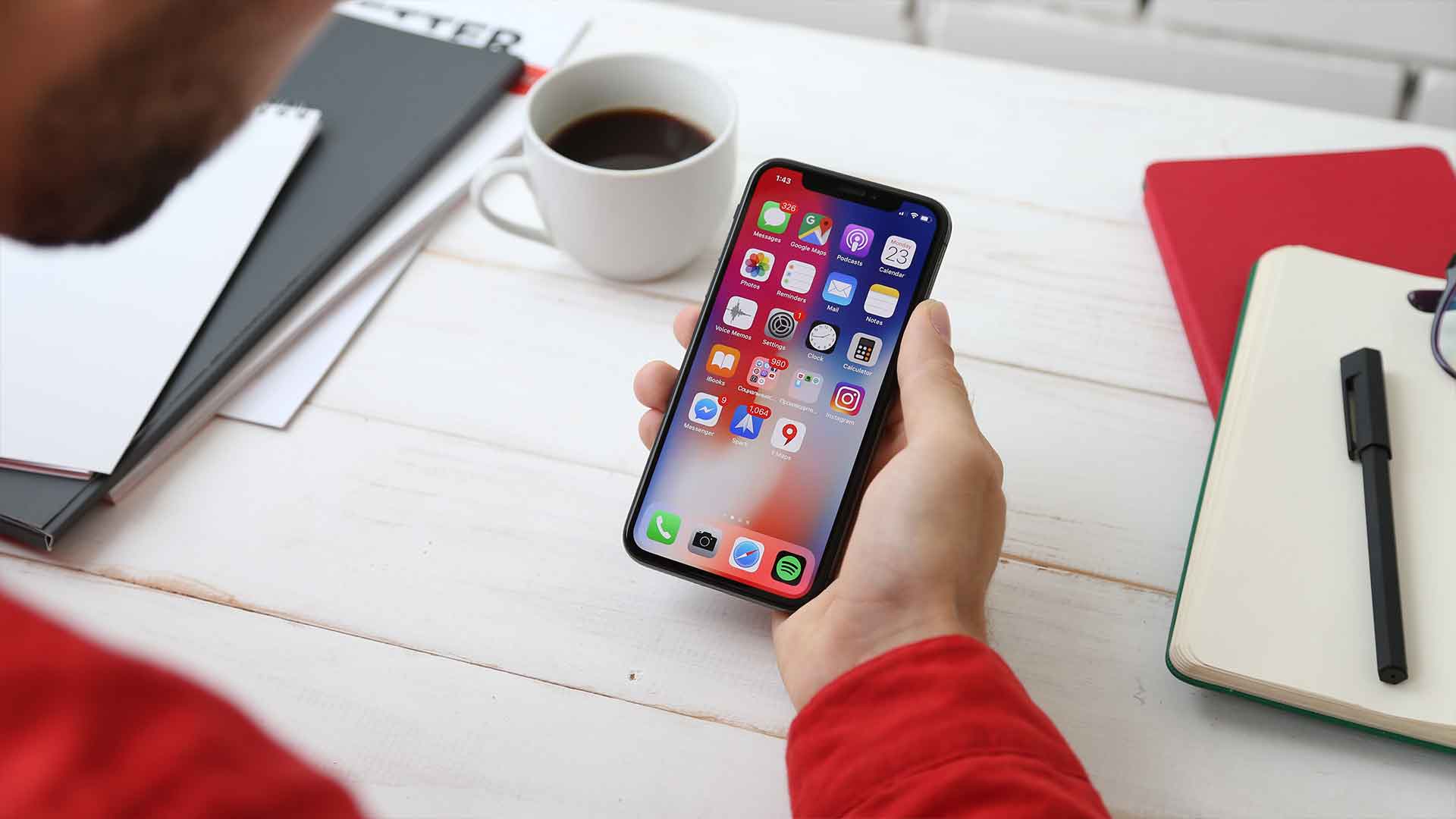 90% of mobile time is spent on apps, and an average smartphone user uses 30 apps in a month. Talk about time stealers.
90% of mobile time is spent on apps, and an average smartphone user uses 30 apps in a month. Talk about time stealers.
Start by deleting apps that you do not use, don’t lie to yourself you are going to use it in the future. If you are not using it, delete it.
Next, consolidate your apps, by moving from single-function apps in favor of apps or software that allow you to perform multiple tasks.
For example, if you use cloud storage and have accounts with Google Drive, DropBox, WeTransfer, iCloud, Adobe you can consolidate it into one app, and settle for Google Drive and take advantage of the whole Google ecosystem of email, calendar, etc
4. Reset every day
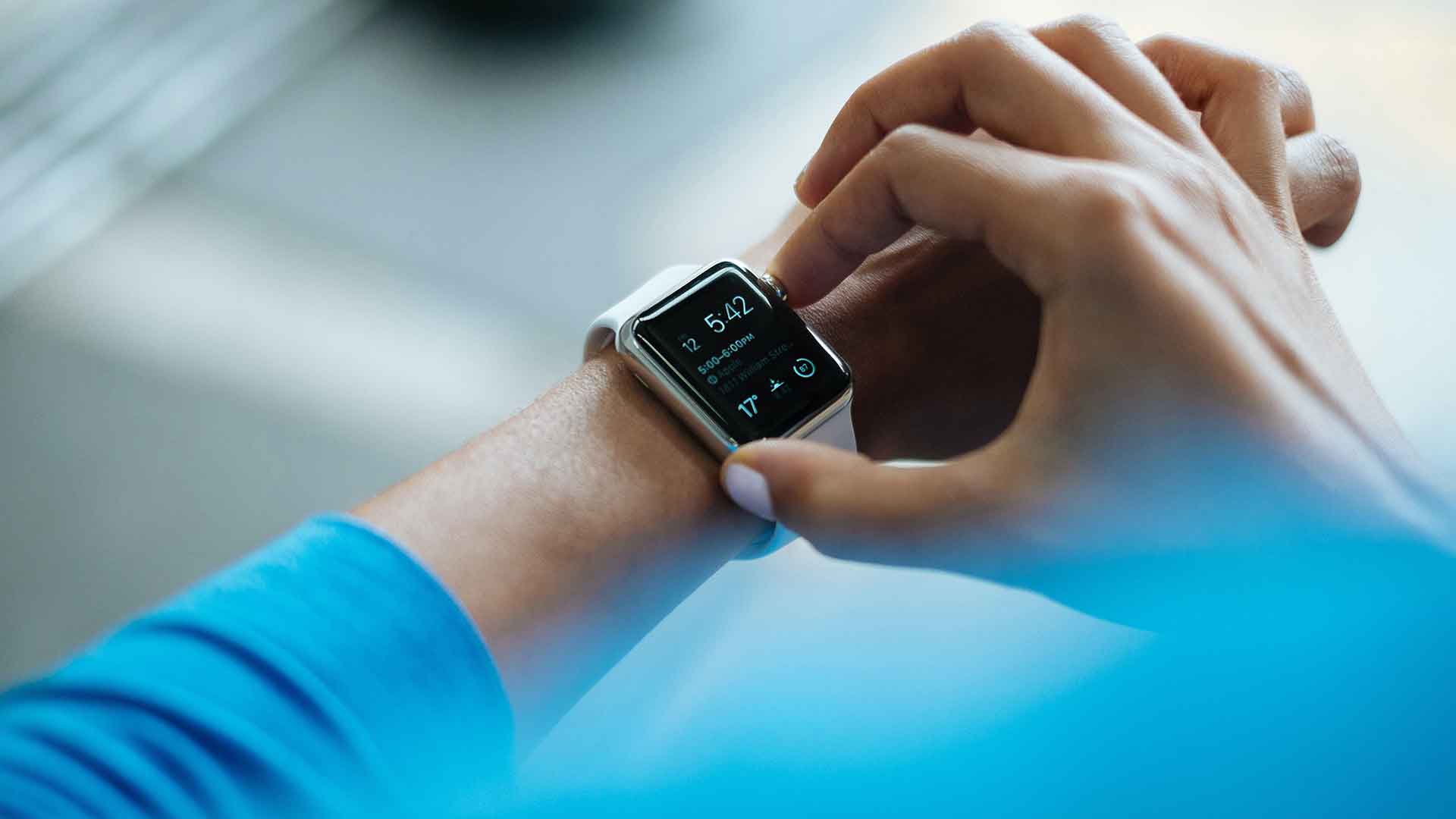 Imagine you did not finish your work last night, and closed off your laptop and left it for tomorrow morning.
Imagine you did not finish your work last night, and closed off your laptop and left it for tomorrow morning.
Tomorrow when you get to work, what is the first thing you are going to see when you open your laptop? Your unfinished work. And what happens, you go right back to it.
The problem with this is that it is ruining your schedule for the day, even before it has begun.
To protect your productivity, close down all apps, websites, even uncompleted work at the end of the day. This will ensure you have a new user experience when you log in the following day to work.
Do this every day and you will start seeing the difference.
5. Put your phone down
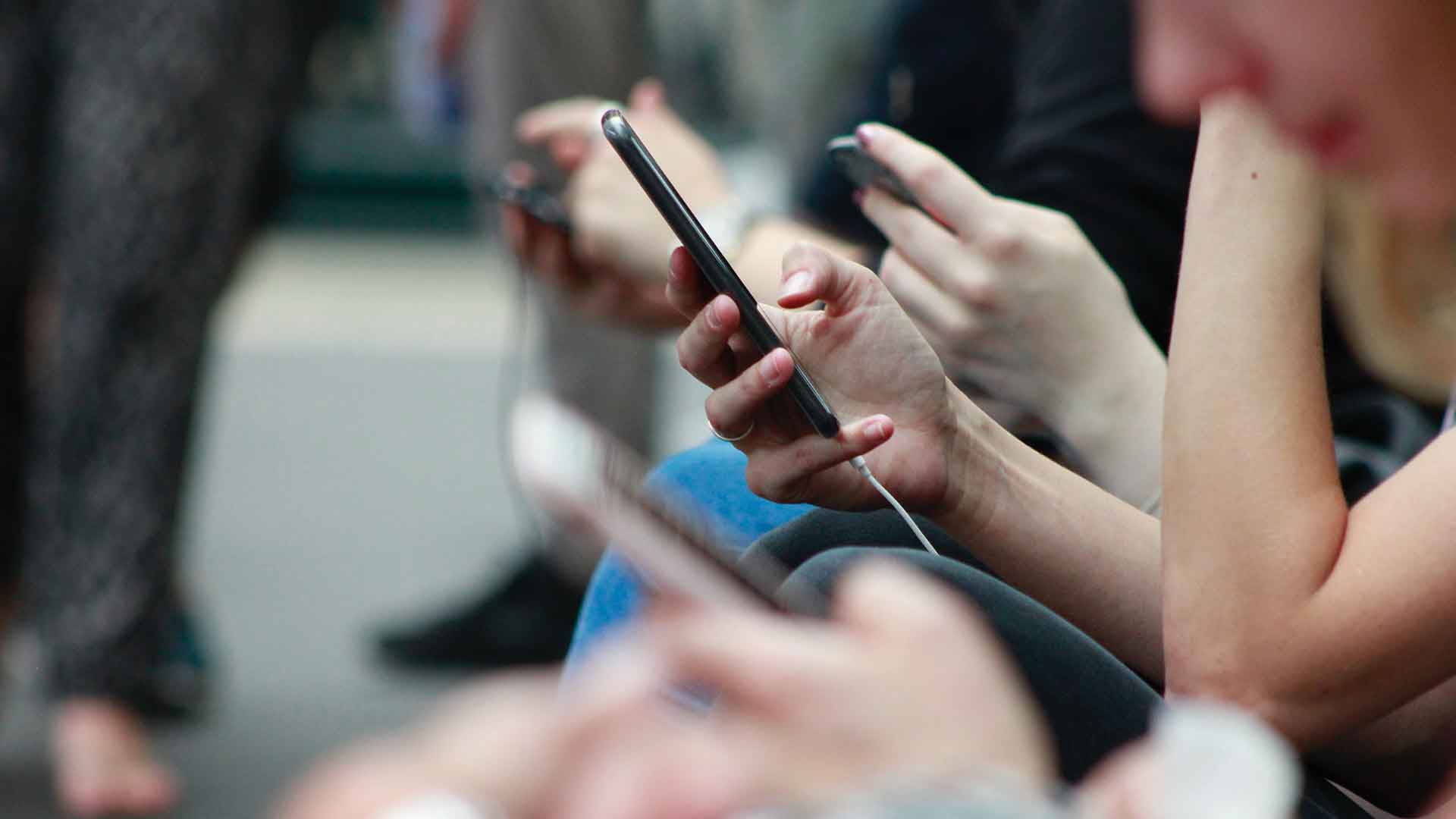 It may seem drastic, but put your phone out of reach. For example, if you are working from home, and you know you are easily distracted by your phone, store it away in the kitchen drawer, and then go to your work station. Since it is out of sight, the distraction to pick it up will minimal. If you feel the urge to pick it up, you will need to get up and go to the kitchen and take it, which most probably will put you off and get you to focus on your work.
It may seem drastic, but put your phone out of reach. For example, if you are working from home, and you know you are easily distracted by your phone, store it away in the kitchen drawer, and then go to your work station. Since it is out of sight, the distraction to pick it up will minimal. If you feel the urge to pick it up, you will need to get up and go to the kitchen and take it, which most probably will put you off and get you to focus on your work.
Why you need to be a digital minimalist
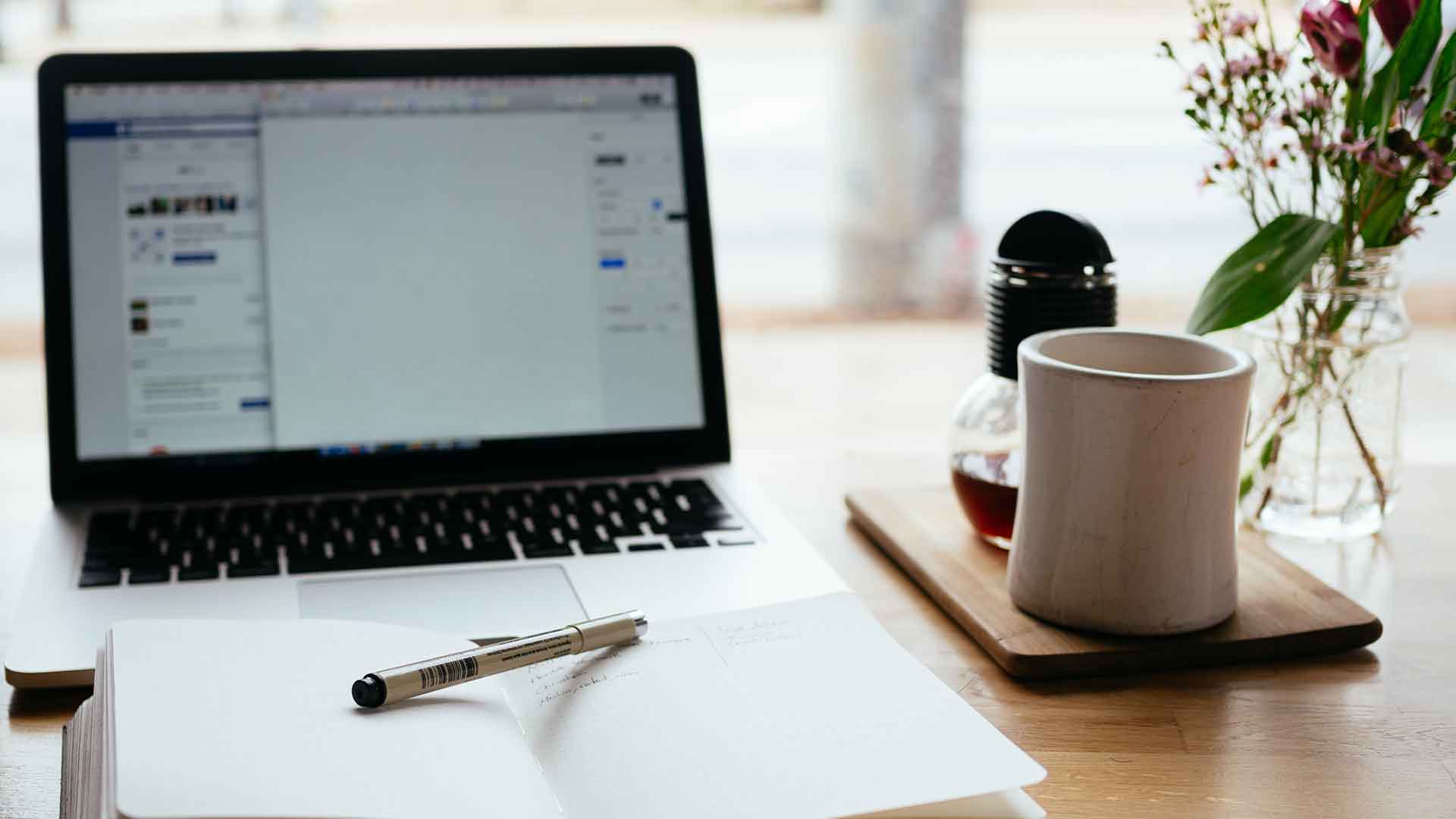
Time
The biggest complaint everyone has when trying to get anything meaningful done is that they do not have time. However, when you embrace digital minimalism, you will discover you have time to get things done.
Wellbeing
The constant need to always be on digitally has been shown to cause anxiety in people, whereas when they get off, their mental health improved.
If productivity alone will not convince you to try digital minimalism, then at least consider it for your mental well being.
Conclusion
Technology should be used as a tool to make life easier. Unfortunately, it is turning out to be a distraction and is reducing people's productivity.
With approaches like digital minimalism, you can empower yourself, and start becoming more proactive in how you use technology.
Read more...
How to Eliminate Digital Distractions and Increase Your Productivity
Digital Minimalism: How to Work Better with Less Technology
Get exclusive rewards
for your first Autonomous blog subscription.
You May Also Like




-7512dd9e-3510-42ed-92df-b8d735ea14ce.svg)


